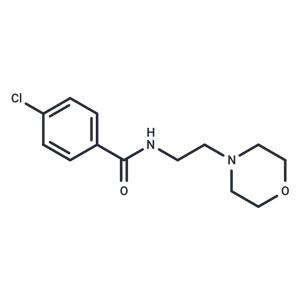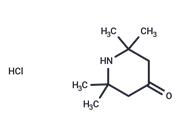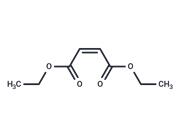| Name | Moclobemide |
| Description | Moclobemide (Ro111163) is a reversible inhibitor of monoamine oxidase type A; (RIMA); (see MONOAMINE OXIDASE INHIBITORS) that has antidepressive properties. |
| In vitro | Moclobemide orally administered 2 hours before decapitation preferentially inhibits MAO-A and PEA in rat brain with ED50 of 7.6 μmol/kg and 78 μmol/kg, respectively. Moclobemide orally administered 2 hours before decapitation preferentially inhibits MAO-A and PEA in rat liver with ED50 of 8.4 μmol/kg and 6.6 μmol/kg, respectively. Moclobemide (0.1 mM), which inhibits brain MAO-A activity by over 80%, does not affect benzylamine oxidase (rat heart) and diamine oxidase (rat small intestine) activity in vitro. [1] Moclobemide (10 mM-100 mM) includes in the culture medium during anoxia or with glutamate significantly increases in a concentration-dependent manner the amount of surviving neurons compared to controls in neuronal-astroglial cultures from rat cerebral cortex. [2] |
| In vivo | Moclobemide (10 mg/kg p.o.) induces a significant decrease of all monoamine metabolites measured in rat brain. [1] Moclobemide, given via the drinking water (4.5 mg/kg/day), produces significant decreases in adrenal weight of rats after 5 (-23%) and 7 weeks (-16%) of treatment. Moclobemide upregulates hippocampal mineralocorticoid receptor (MR) levels in rats by 65%, 76% and 19% at 2 weeks, 5 weeks and 7 weeks of treatment, and upregulates Glucocorticoid receptor (GR) levels in this limbic brain structure by 10% at 5 weeks. Moclobemide treatment (5 weeks, 4.5 mg/kg/day) significantly attenuates stress (30 min novel environment)-induced plasma ACTH (-35%) and corticosterone (-29%) levels. [3] Moclobemide (2.5 mg/kg/day) decreases immobility and increases climbing behavior following treatment for 3 days, but increases in both swimming and climbing behaviors are measured following treatment for 14 days. Moclobemide (15 mg/kg/day) decreased immobility and increased swimming for 3 days, whereas treatment for 14 days significantly increases both active behavior (swimming and climbing). [4] Moclobemide (100 mg/kg/day) combined with triethyltin blocks the development of brain edema and the increase in the cerebral chloride content induced by triethyltin in rats. Moclobemide (100 mg/kg/day) reduces the increase in the cerebral sodium content and attenuates the neurological deficit in rats. [5] |
| Storage | Powder: -20°C for 3 years | In solvent: -80°C for 1 year | Shipping with blue ice. |
| Solubility Information | Ethanol : 26.9 mg/mL (100 mM)
DMSO : 65 mg/mL (241.87 mM), Sonication is recommended.
|
| Keywords | Inhibitor | brain-derived | antidepressants | hippocampal | progenitor | MAO | Moclobemide | stress | oxidase,MAO-A | Ro-111163 | monoamine | neurogenesis | Monoamine Oxidase | Ro 111163 | neurotrophic | inhibit |
| Inhibitors Related | Hydroxyamine hydrochloride | Hydralazine hydrochloride | Safinamide | Azure B | Paeonol | Isatin | Methylene Blue trihydrate |
| Related Compound Libraries | Anti-Neurodegenerative Disease Compound Library | Bioactive Compound Library | Anti-Alzheimer's Disease Compound Library | EMA Approved Drug Library | Drug Repurposing Compound Library | CNS-Penetrant Compound Library | Inhibitor Library | Orally Active Compound Library | Anti-Aging Compound Library | Bioactive Compounds Library Max |

 United States
United States



